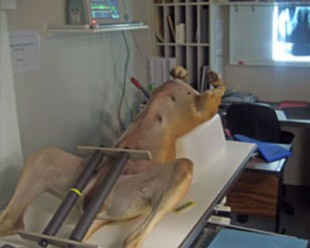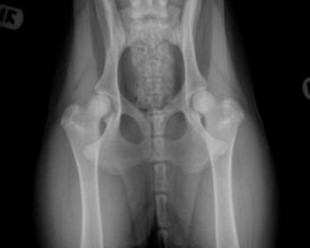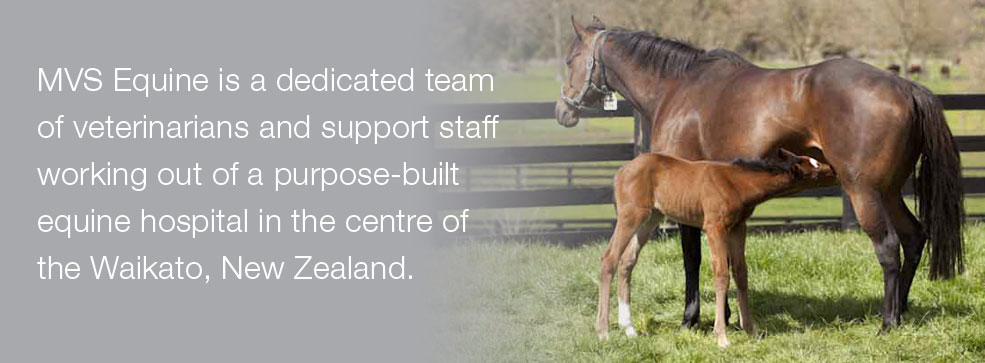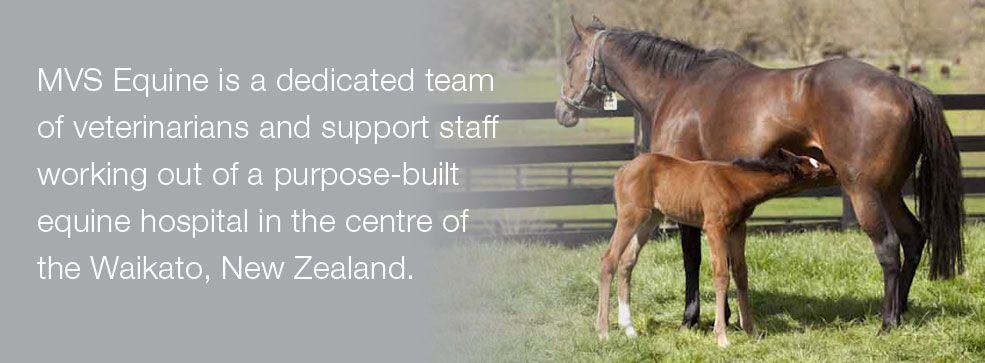PennHIP
PennHIP
November 29, 2011
If you are interested in learning more about PennHIP visit www.pennhip.org or contact MVS.
Hip Dysplasia (HD) is considered to be the most common heritable orthopaedic disease of dogs, affecting to variable degrees virtually every breed. HD results in a significantly higher risk of the dog developing Degenerative Joint Disease (DJD). It is this DJD that then causes pain, loss of mobility and quality of life.
Many breeders, vets and organisations have shown a commitment to eliminating HD by adhering to historic Hip Dysplasia Schemes run by the New Zealand Veterinary Association and the Australian Veterinary Association. These schemes score hip radiographs to identify individual dogs with “good” hips that can then be used as breeding stock.
These schemes have successfully reduced the severity of HD. However an ideal scheme would also result in faster reduction in the frequency of HD.
A scientific paper published by Andrew Worth of Massey University in 2011 concluded that in dogs presented for assessment by the NZVA Hip Dysplasia Scheme between 1990 and 2008, there had been no significant improvement in the hips of Labrador Retrievers, Golden Retrievers and Rottweilers and only a small improvement in German Shepherds.
There is a growing wealth of scientific evidence showing PennHIP to be a superior tool in the reduction of HIP Dysplasia in dogs. This evidence has resulted in the decision by the NZVA and the NZKC to no longer offer their traditional scheme from January 2014. The Elbow Dysplasia Scheme has been shown to be making significant progress and will be retained.
PennHIP uses a different method to assess for HD and the potential of a dog to develop DJD. This radiographic technique measures the actual laxity of hip joints by radiographing the joints while they are distracted. The films are then sent to the United States for assessment. Loose hips have a high risk of DJD, while tight hips have a low risk of DJD.
PennHIP has been extensively researched and has been shown to have a higher heritability than the historic HD assessment schemes. This means selection based on PennHIP will result in more rapid progress in reducing the incidence and severity of HD.
PennHIP scores are highly repeatable at different ages. PennHIP scores have an 80% repeatability between 4 months and one year of age and 93% between one year and 2 years of age. This means that potential breeding stock can be screened for HD from 4 months of age.
Veterinarians must be specially trained and pass examinations in order to use the PennHIP method of assessing hips.
Radiographic equipment and techniques must be of a very high standard to accurately assess dogs for HD. This is especially important in the large breeds, which are technically more difficult. To enable us to achieve the highest quality radiographs possible, we purchased a high-output x-ray unit. The machine optimises the quality of our hip radiographs in large dogs. We also have a digital processing system which allows us to send the digital images to the US quickly and get results within a week.
The established scheme will continue to play the major role in HD management for the near future in New Zealand. PennHIP however has a significant role to play for breeders who are really serious about minimising HD in their lines.
In summary
- We can screen dogs from 4 months of age, which can select breeding stock from an early age
- NZVA elbows need to be assessed over 1 year old, so some choose to wait until the dog is over 1 year old to do the testing
- The lower the score, the faster and greater will be the genetic gain in your breeding lines
- Your dog needs to be microchipped
- If you have pedigree paperwork, then please bring this
- Your dog will have a general anaesthetic, so will not be able to eat after dinner the night before the procedure
We are very excited about the future of PennHIP. The Australian Veterinary Association has recently accepted it in parallel to its conventional scheme. We believe the future lies in this direction.
If you are serious about reducing the incidence of HD in your breed, or knowing the risk of an individual dog developing HD arthritis, we urge you to visit www.pennhip.org for more scientific information.
If you would like to discuss HD management, please do not hesitate to contact us on 07 888 8197






